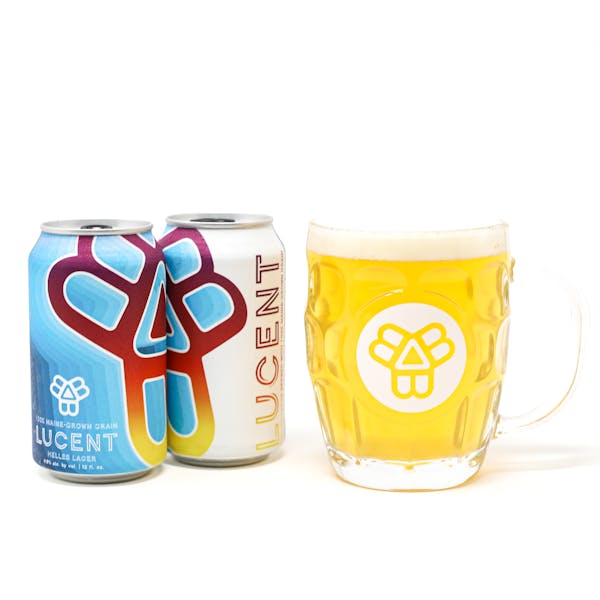Lucent
Helles Lager
Our rendition of Helles lager – beer in its purest form of refinement. Brewed entirely with Maine Malt House Pilsner and lagered for over a month.
Style
Production Location
ABV
4.9%
Hops
Malts

